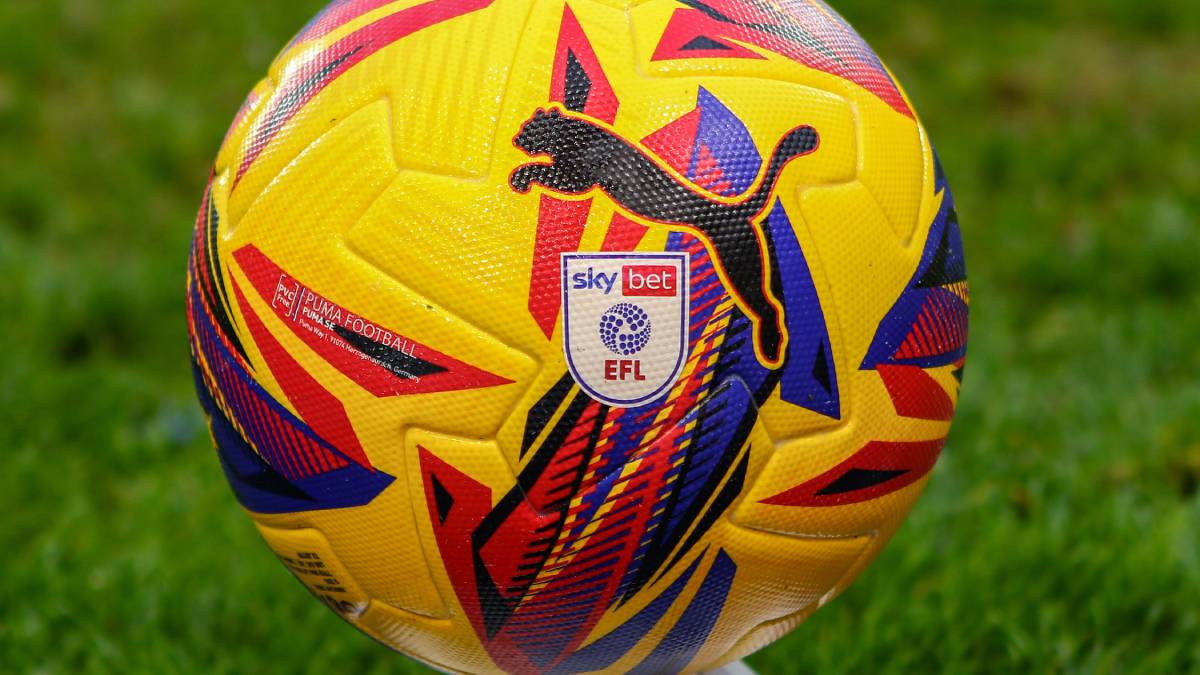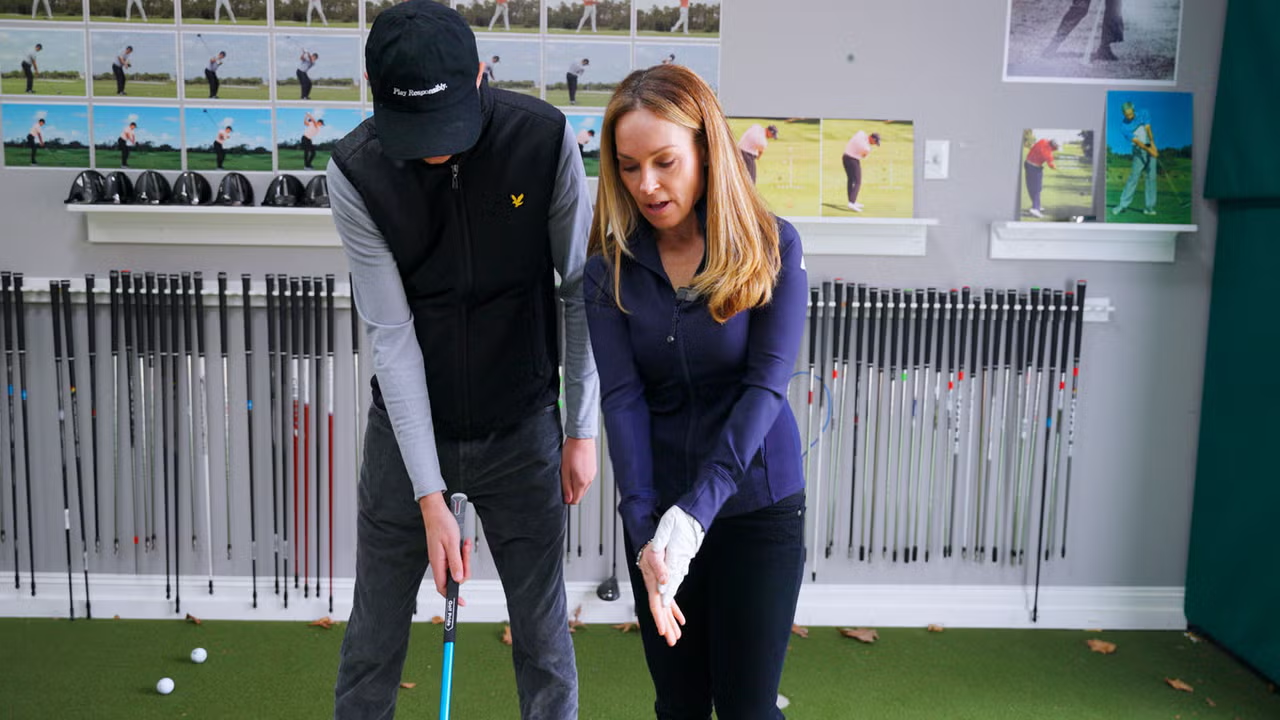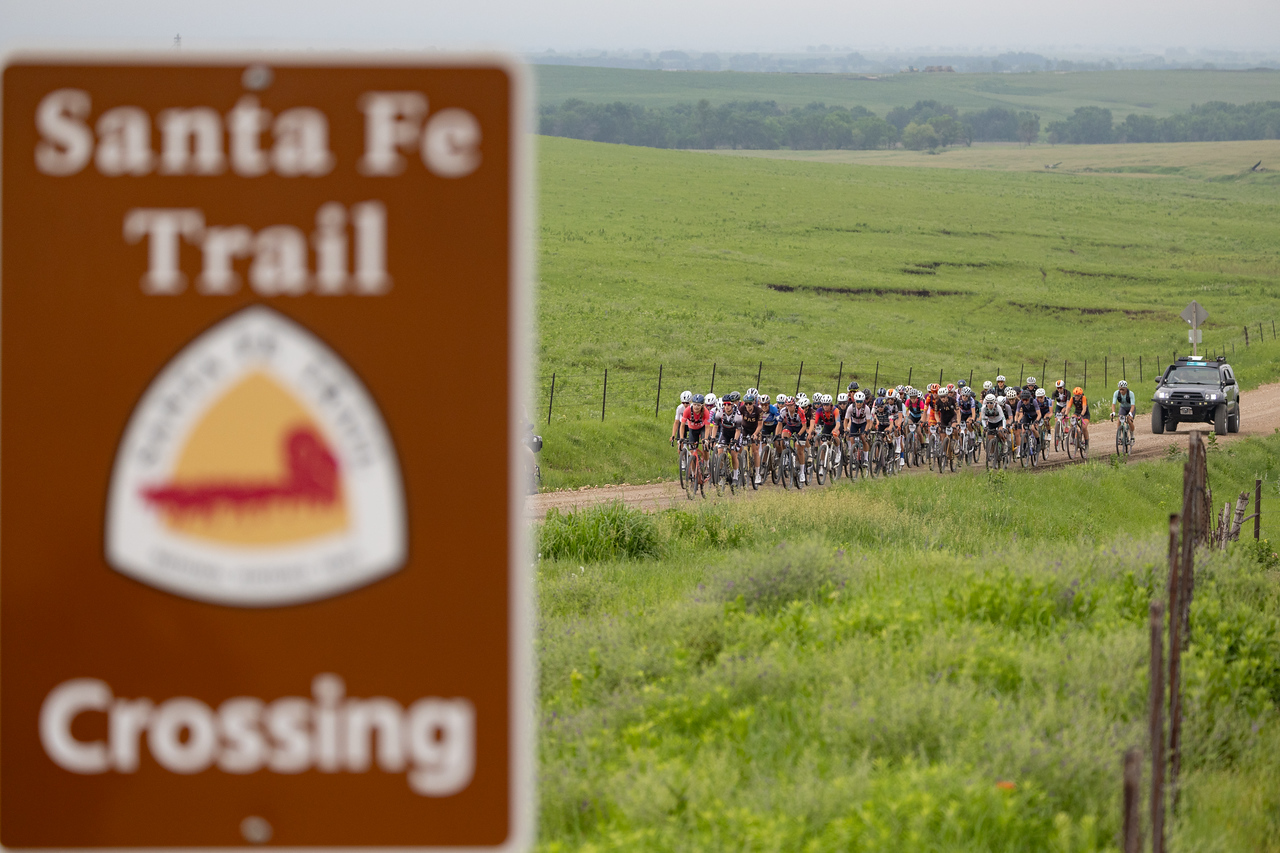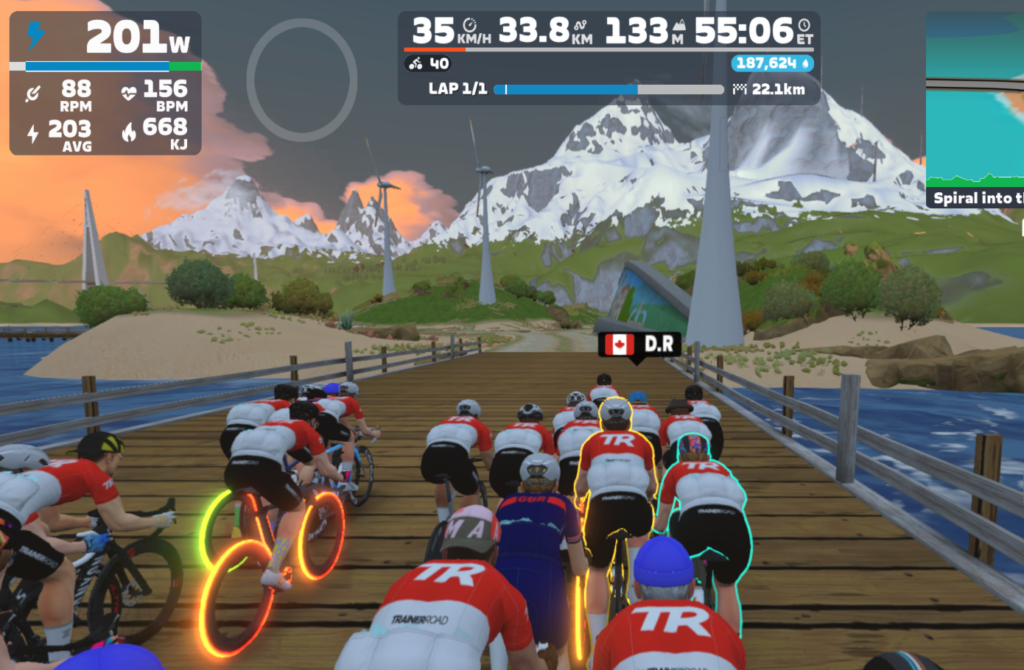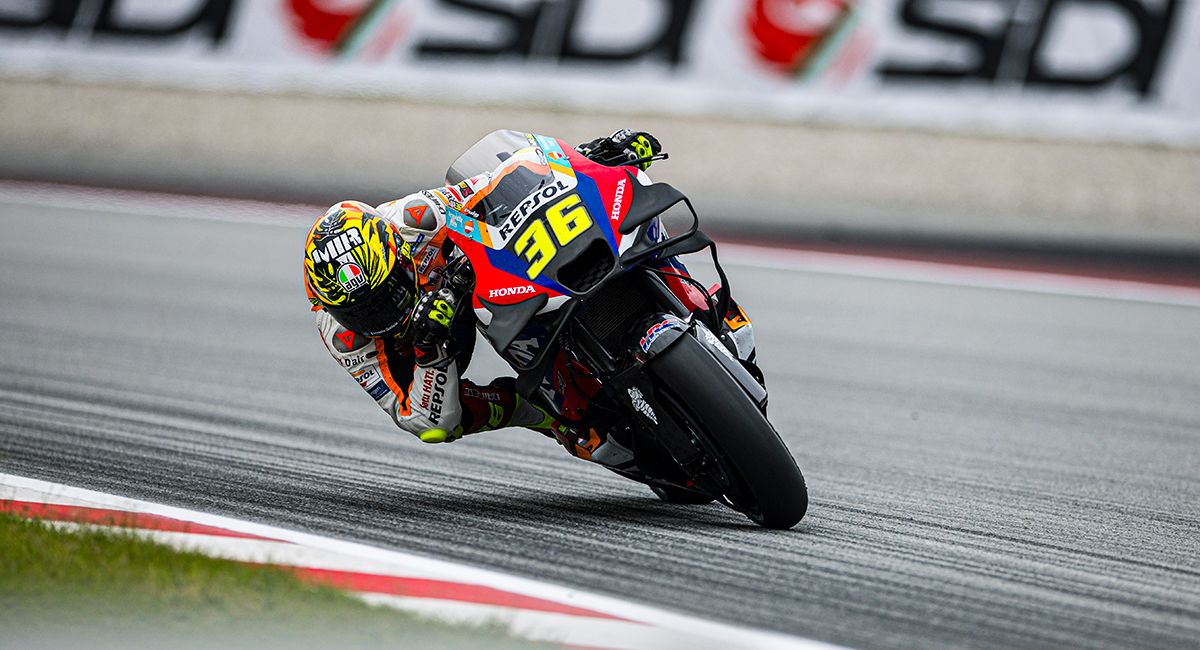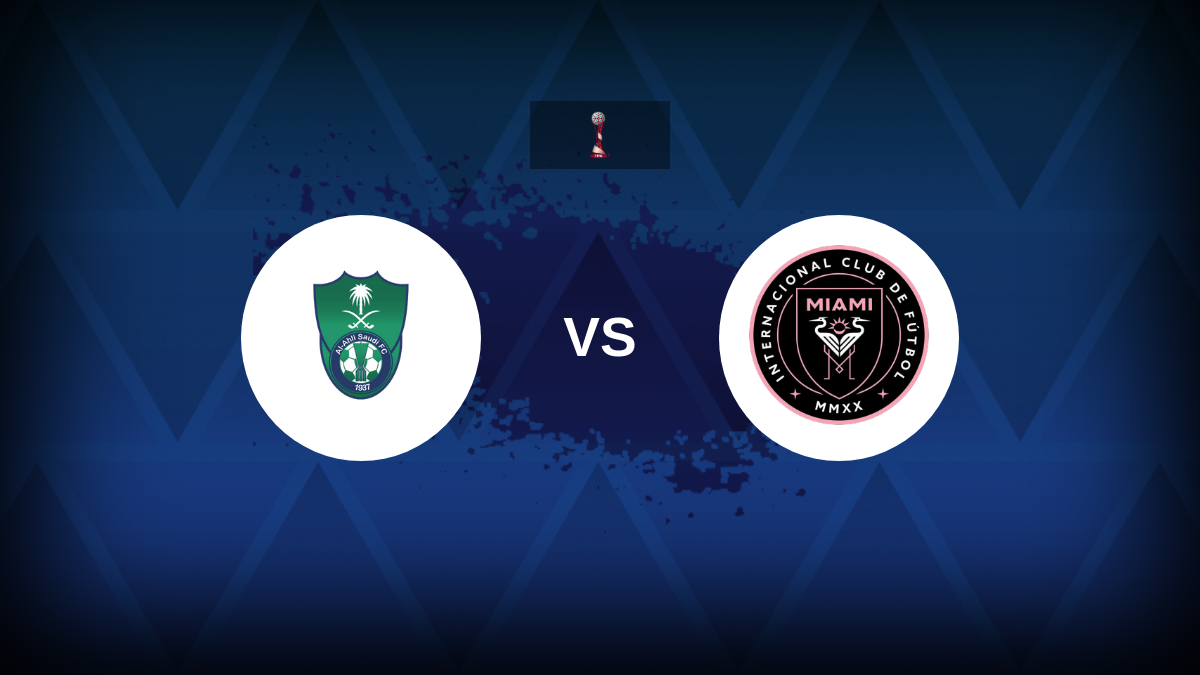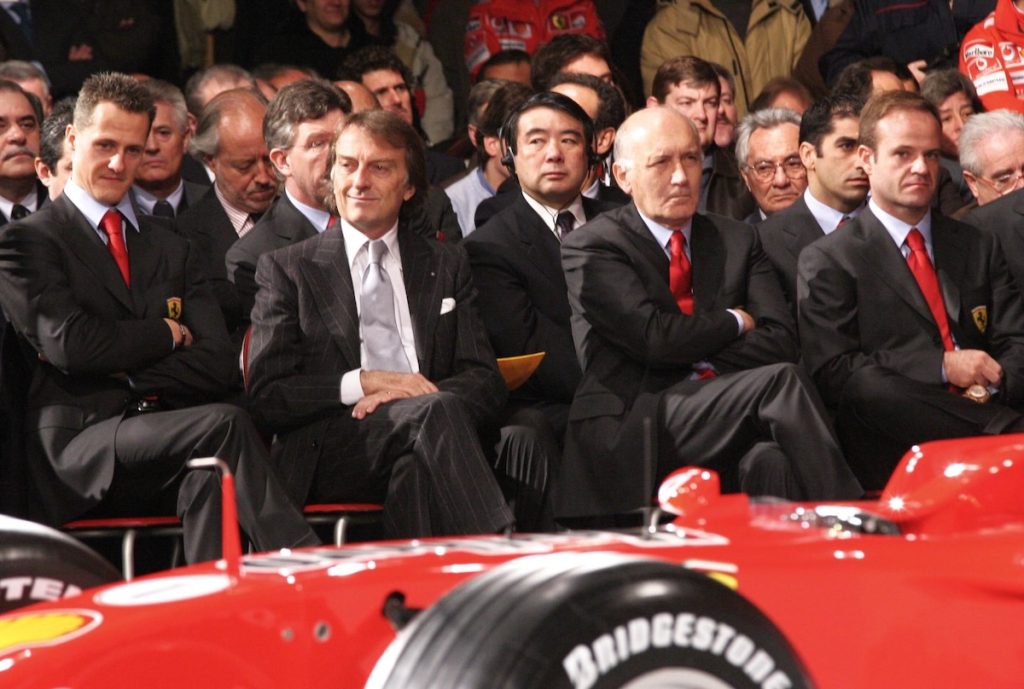
Károly Méhes catches up with legendary former Ferrari team boss and executive, Luca di Montezemelo, to discuss his time at the Scuderia and how he would fix the team’s current woes.
This year marks 50 years since Niki Lauda’s first championship with Ferrari and 25 years since Michael Schumacher’s first championship with Ferrari, both of which happened under the leadership of Luca di Montezemelo. Károly Méhes was granted an exclusive video interview with di Montezemelo on June 10, 2025.
What was your reaction when Enzo Ferrari offered you the role of manager of the Ferrari Formula 1 team at the age of 26?
I started as Enzo Ferrari’s personal assistant in 1973. From the outset, he was always asking what I would do to reorganize the race team. He appreciated my advice and it wasn’t long before he told me that I was ready to take the job as a team manager. Yes, I was only 26 and it was very courageous of him, I must admit. Nobody thought it was possible to be the manager of an F1 team like Ferrari at only 26 years of age!
Despite being young, I already understood the priorities of the restructuring and since Ferrari was already in a really difficult situation, it was easier to some extent than taking over a successful operation. We managed to achieve big things quickly. We narrowly missed the Championship in 1974 at the last race in Watkins Glen and then in 1975, we won with Niki Lauda. We lost by one point in 1976 because of Niki’s accident, but won again in 1977.
You were promoted to a new role at FIAT in 1976 and replaced as manager of the Ferrari F1 team by Daniele Audetto. Wasn’t it disappointing for you not to continue?
Audetto was appointed because I suggested him to Enzo Ferrari! I knew him very well because he was my navigator when I was rallying with Lancia in the early 1970s. Audetto worked at the track but I still was working at the factory in Maranello a few days per week. This arrangement lasted until the end of 1977.
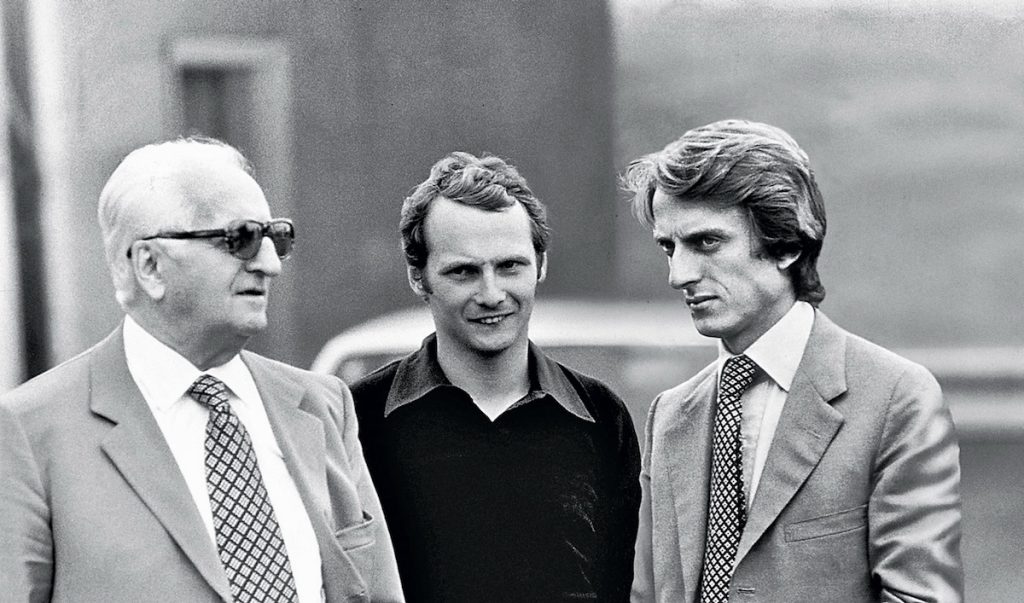

How do you remember Niki Lauda today?
Niki and I became friends from the time we started working together. I recommended Enzo hire him at the end of 1973. He was a young driver, I was a young manager. We were very successful together. When I came back to Ferrari at the end of 1991, I immediately asked him to become my consultant. It was a little bit like my relationship with Enzo Ferrari back in the early 1970s.
Niki was the first person who spoke with Michael Schumacher’s manager [about him joining the team], because we did not want to put Ferrari in the front line. Niki had these talks on behalf of me. All in all, Niki was one of the best friends of my life. One can have many good friends, but best friends only a few.
When you became president of Ferrari in 1991, the F1 team was in the doldrums, almost as bad as in 1973. It would take almost ten years to bring the team back to the top. How frustrating was this period?
In Formula 1, everything takes time. Changes do not happen the next day. The situation in 1991 was very, very – I say it three times – very difficult. Ferrari hadn’t won a title since Jody Scheckter in 1979. The organisation, the culture and spirit were all in bad shape. Formula 1 was entering a new era in the 1990s with the introduction of composite materials, a lot of electronics and aerodynamics becoming more important. But Ferrari’s culture was still very much rooted in the mechanical past, where the engine and gearbox were more important.
I had to change not only personnel, but also push everyone in the team towards innovative methods and materials, and to build a wind tunnel. My plan was to have a clear organisation, where everybody knew their own tasks and responsibilities, and to hire a few talented people for aerodynamics and electronics. Our aim was to improve our results every year. It’s true that Michael didn’t win the drivers’ championship until 2000, but we shouldn’t forget that we won the constructors’ championship in 1999. We delivered better results from 1993 onwards, and from 1997-1999, we only lost the championship in the last race.
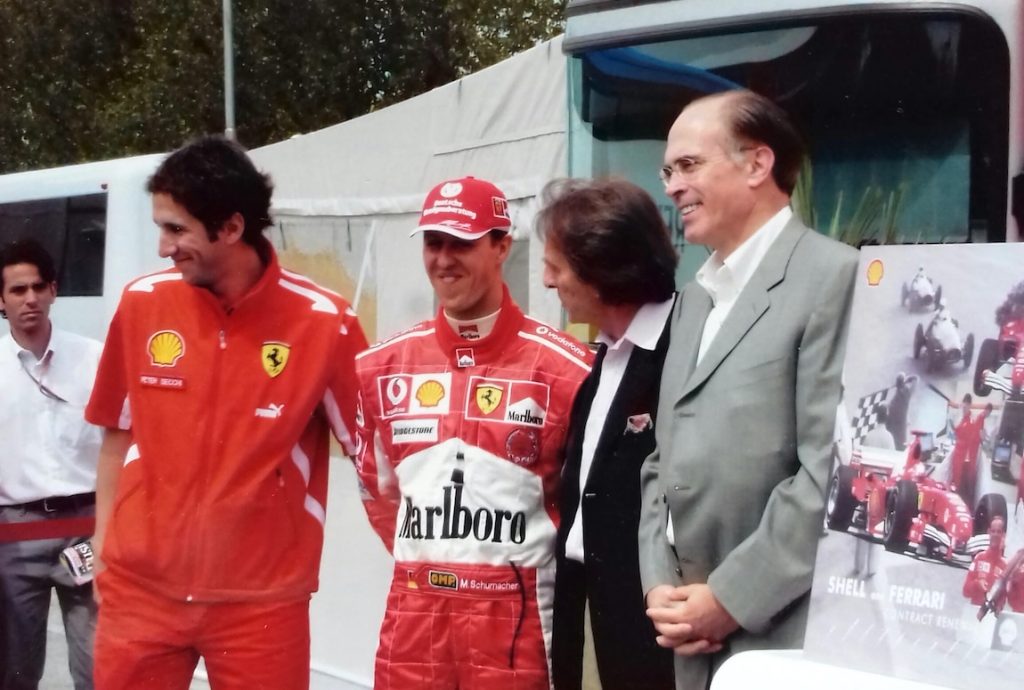

How important was it to bring Michael Schumacher to Maranello? Would it have been possible to achieve the title with Alesi or Berger, or you needed a driver of Michael’s calibre?
I have to thank Alesi and Berger for their efforts driving cars which were not that competitive. We shouldn’t forget that Berger had a win in Germany 1994, and Alesi won in Canada in 1995. These successes were signs that Ferrari was coming back, and they were very important for the morale of the team, and the tifosi, too.
It was the right time for Michael to join the team in 1996. We already had a new organization in place with Jean Todt in charge and a lot of people behind him who were talented and up for a new challenge. We had the basis for a competitive car, and then we only needed a top driver, like Schumacher. We were sure Michael was going to add something special. His first win in Barcelona in the wet was proof of this. And he was already fighting for the championship in 1997.
What made Michael so special?
Michael was special behind the wheel, one of the all-time greats in Formula 1 history. But in my view, how a driver acts outside the car is also very important. And Michael was always very close to the team. He united the team around him. When he won, he celebrated with the team, and when he lost, he commiserated with the team. Not all drivers are like this.
How do you remember the golden years of Ferrari between 2000-2004, when Ferrari won five consecutive drivers’ and constructors’ championships?
We were very dominant during that period. In 2002, Michael secured the championship at Magny Cours, in July. That was super strong! Success in Formula 1 happens when many different elements come together, such as the team structure, staff, working atmosphere, car and drivers. On the last point, it’s important to have a number one and a number two driver. Irvine, Barrichello and Massa were very good drivers, but Michael was clearly the number one.
I am also very proud that we were able to win without Michael. We won with Kimi in 2007 and were very close to winning again in 2008 with Felipe. We can say that even without Michael, Ferrari was very competitive during these years. The team was almost perfect in terms of personnel, car and atmosphere. We hardly ever had any disagreements as a team.
I think that from 1997 to 2009, Ferrari was the best team by far. We were also very close in 2010 and 2012, only losing the championship with Alonso at the last race. My aim was always to maintain Ferrari at the top of the sport.
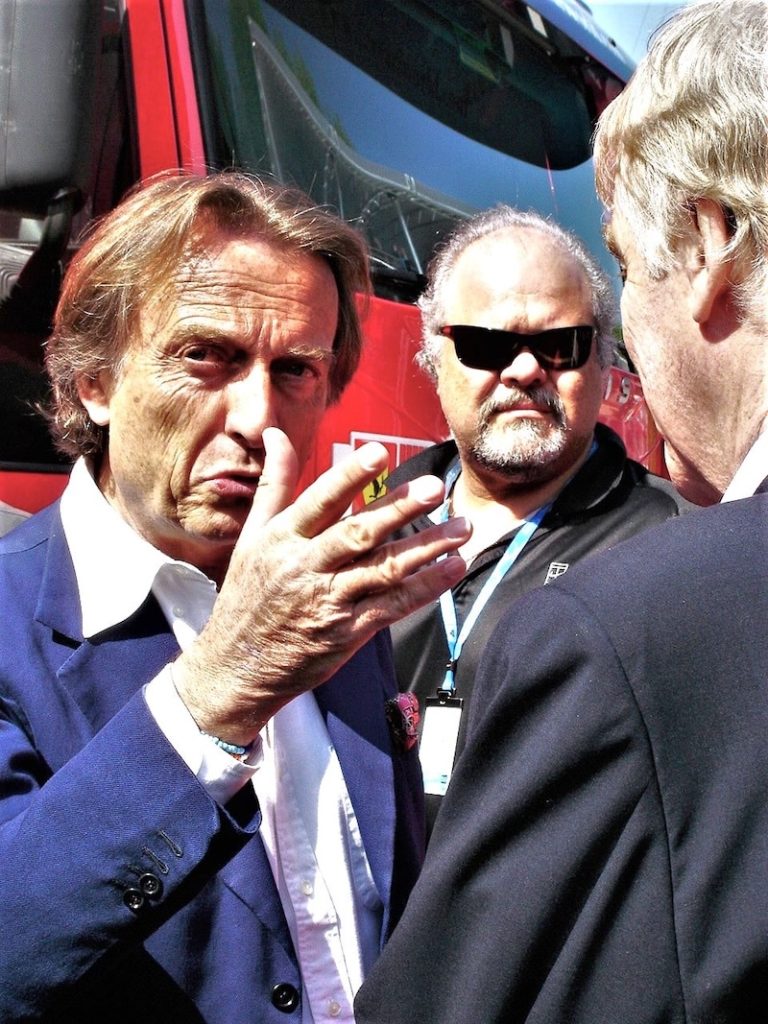

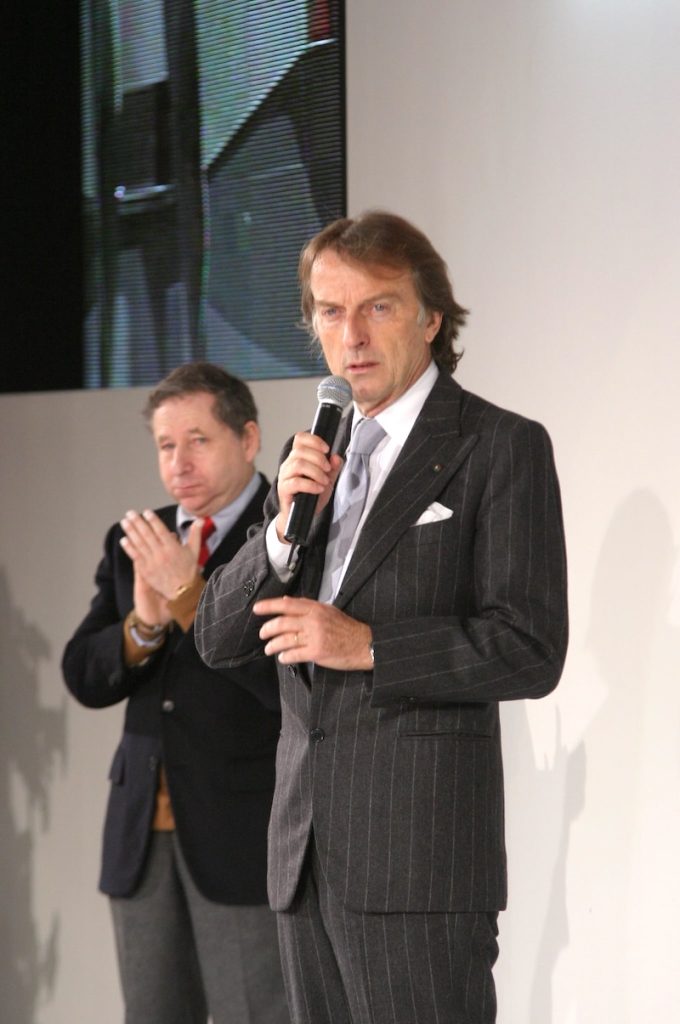

Finally, let’s turn to the present. How painful has it been for you to see Ferrari struggle in recent years?
For me it is a big, big pain. I was with Ferrari for 23 years. This is about half the working life of an average person. I know how it should be. Today I see a team without real leadership, without spirit and without passion. I don’t want to see a Ferrari with a livery other than all red [like in Miami this year]. For me it is a joke. I was told that this was for sponsorship purposes. But in my time, it was the opposite. Sponsors would pay tribute to Ferrari, not the other way around.
I also heard that the decision to hire Lewis Hamilton was made for marketing reasons. I have nothing against Hamilton. I respect him and his record, but I think Ferrari should hire a driver because they are competitive and strong, not because of marketing.
It is very sad to see Ferrari happy to achieve third place on the podium. I expect more, but I’m also old enough to know that it is difficult if you are half a second off the pace in Formula 1. I want to see Ferrari fighting for the championship! Third is not our position, we must be first!
If you were to be made President of Ferrari’s race team again, what would you do on your first day of work?
I have to say that I was disappointed not to be called by anyone at Ferrari after my departure, not even for some advice. I left in 2014, which is a long time ago now, and Ferrari has never been in a position to win the championship since.
If I was called again to lead Ferrari, I would summon everyone together and tell them that I want to see enthusiasm and passion from each and every one of them. I would also want everyone to very clearly understand who is in charge of what. Everyone must know their roles and responsibilities, and have very clear priorities.
Secondly, I would want to pinpoint the areas of weakness and begin working on a plan to deliver a competitive car and team. Ferrari needs a strong leader, someone who can not only bring the team together but also fight for the team in front of the sport’s authorities.





